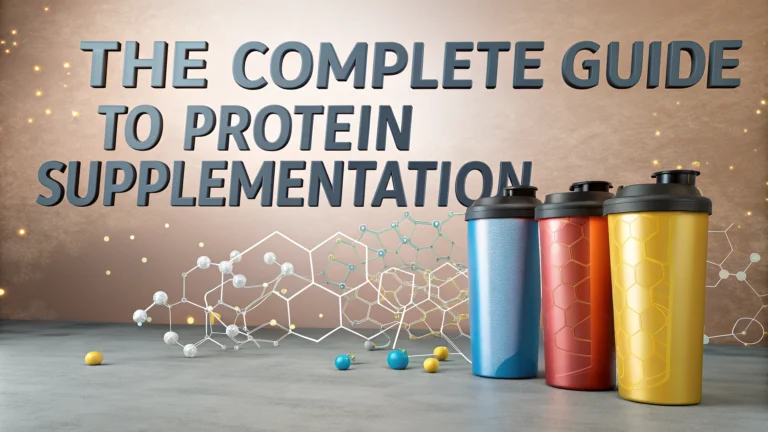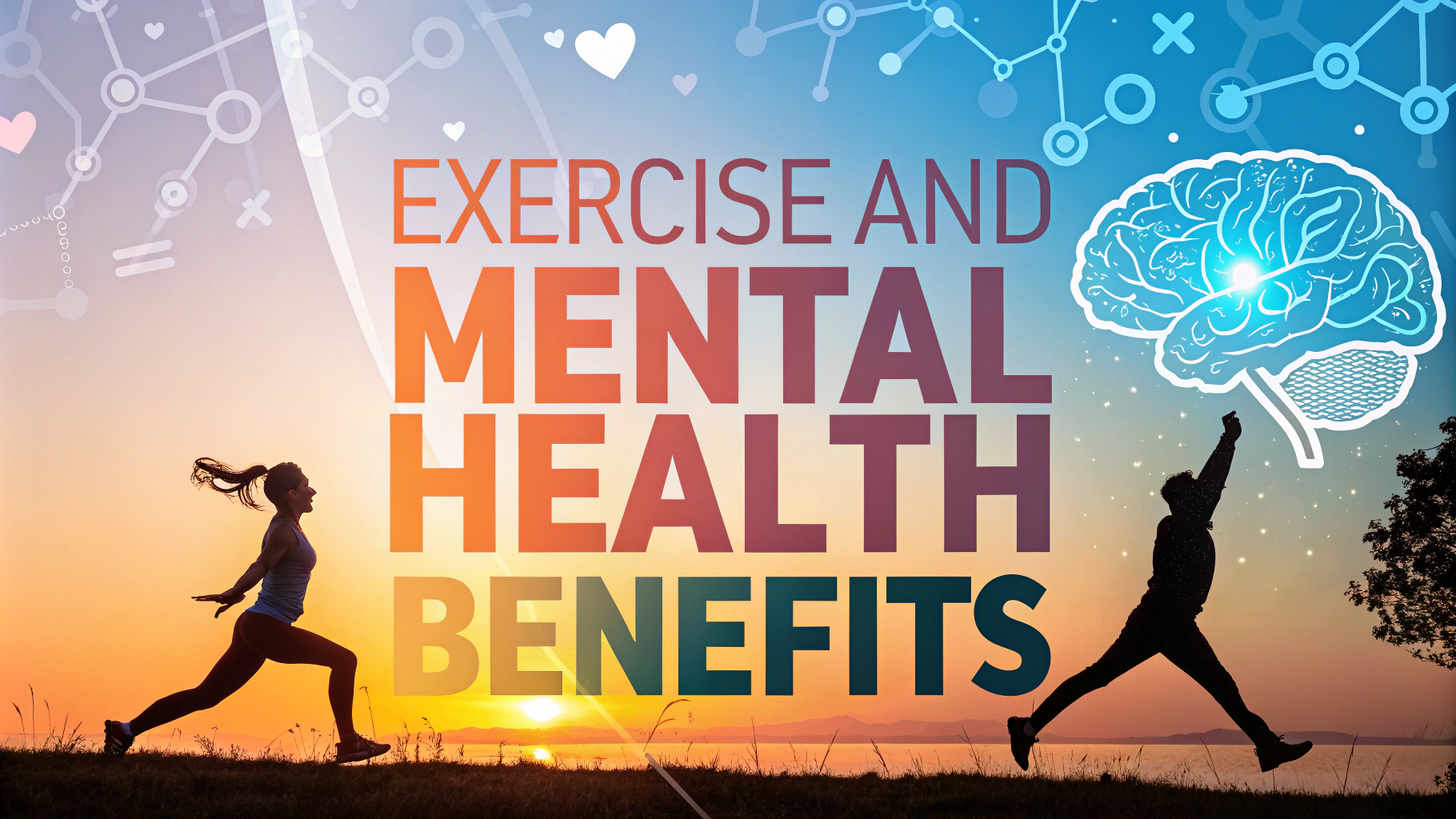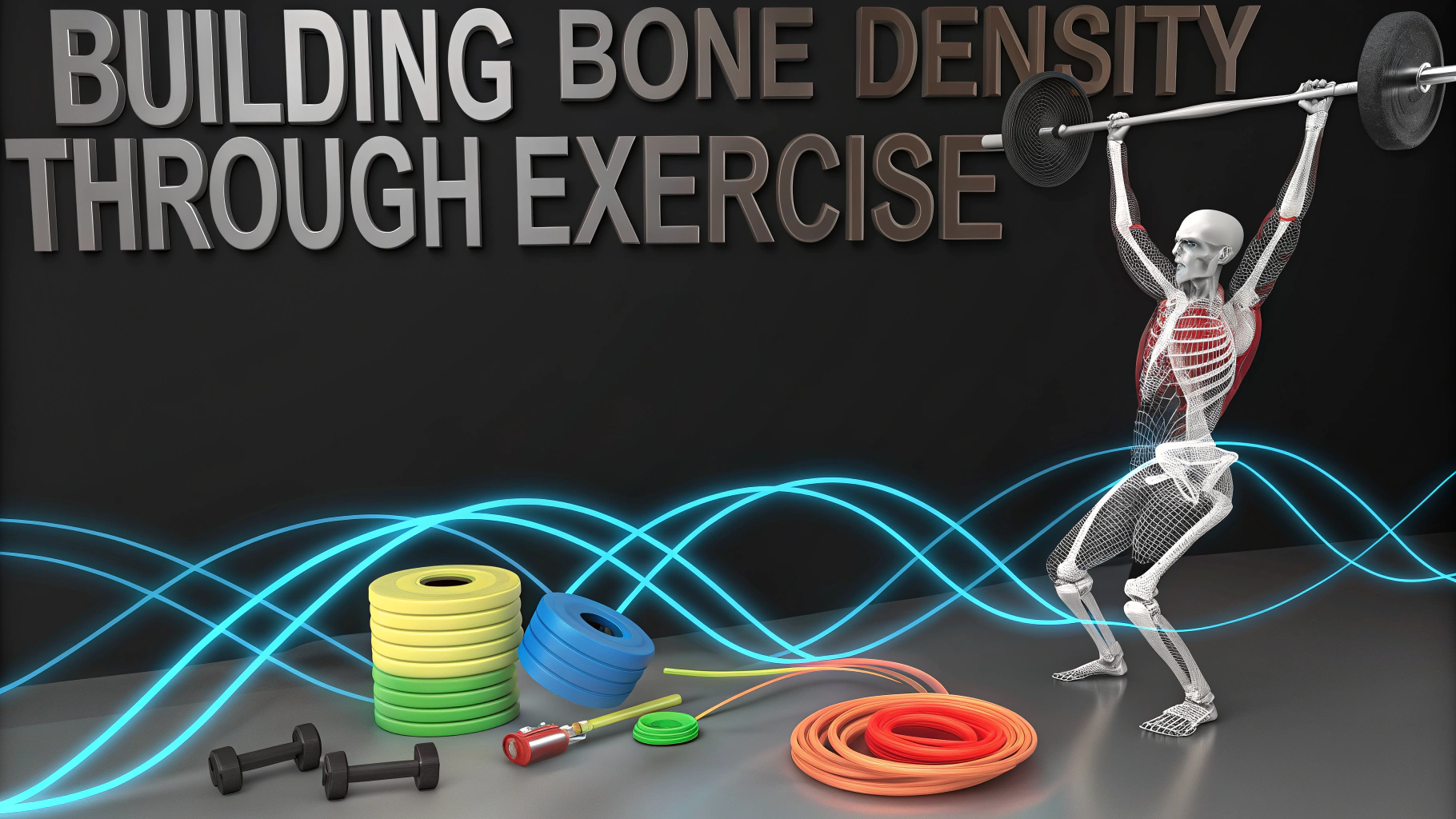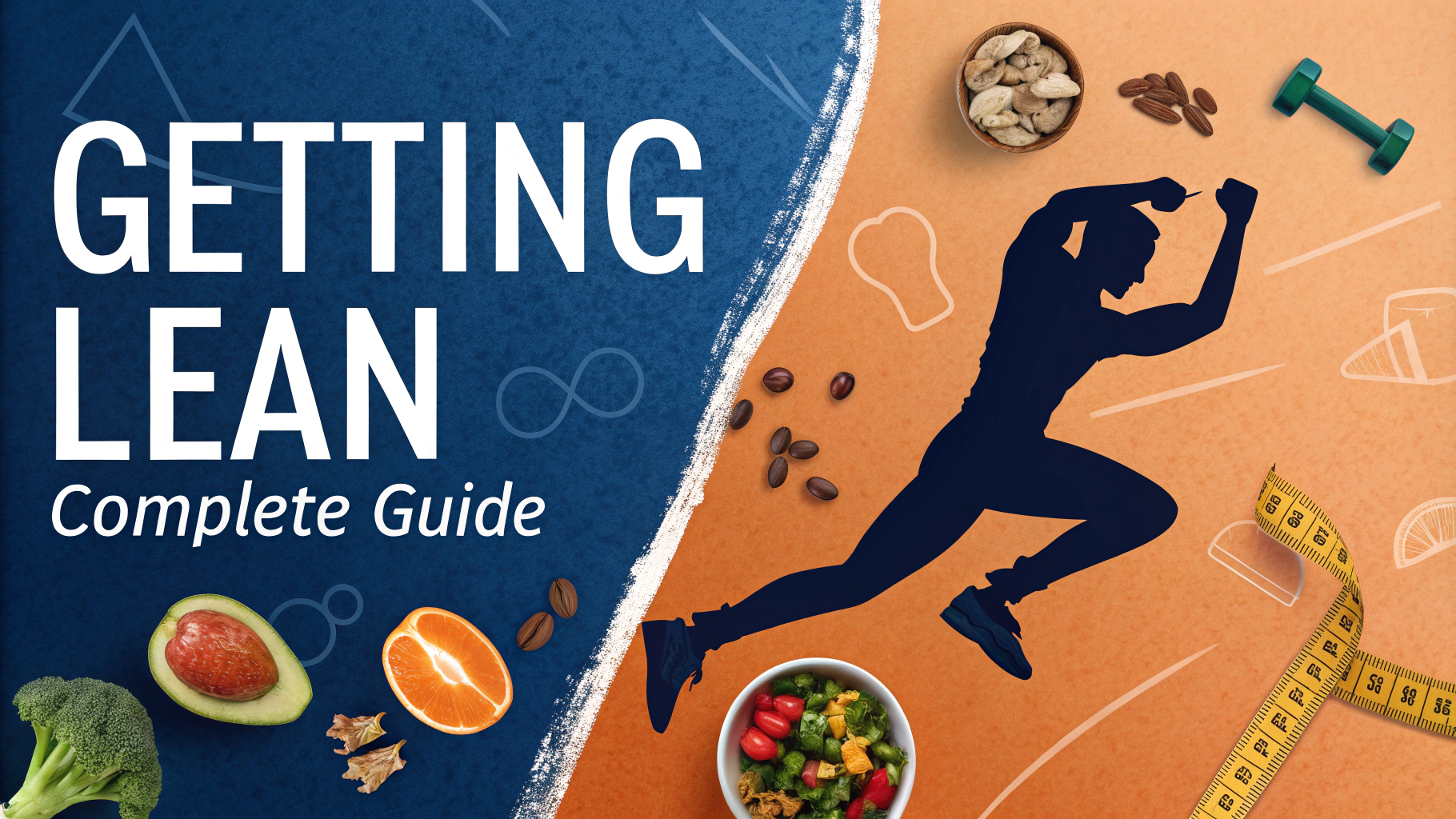Protein supplements play a key role in muscle building, recovery, and overall fitness goals.
Types of Protein Supplements
- Whey Protein
- Fast-absorbing
- High in BCAAs
- Best taken post-workout
- Casein Protein
- Slow-digesting
- Ideal before bed
- Helps prevent muscle breakdown
- Plant-Based Options
- Pea protein
- Rice protein
- Hemp protein
How Much Protein Do You Need?
| Activity Level | Protein Needs (g/kg bodyweight) |
|---|---|
| Sedentary | 0.8-1.0 |
| Recreational Exercise | 1.1-1.4 |
| Athletes | 1.2-2.0 |
Timing Your Protein Intake
Research shows consuming 20-30g of protein every 3-4 hours helps maximize muscle protein synthesis.
Top Protein Supplement Recommendations
- Best Overall: Optimum Nutrition Gold Standard Whey
- Best Plant-Based: Garden of Life Sport
- Best Budget: MyProtein Impact Whey
- Best Casein: Dymatize Elite Casein
Signs You Need More Protein
- Slow recovery after workouts
- Constant hunger
- Loss of muscle mass
- Weak hair and nails
Common Mistakes to Avoid
- Relying solely on supplements instead of whole foods
- Taking too much at once (body can only process 25-35g per serving)
- Not reading ingredient labels
- Choosing products high in artificial sweeteners
Contact a registered dietitian or healthcare provider before starting any supplementation program.
For more information on protein supplementation and sports nutrition, visit the International Society of Sports Nutrition.
Safety Considerations
- Quality Control
- Choose third-party tested products
- Look for GMP certification
- Research manufacturer reputation
- Medical Conditions
- Consult doctor if kidney problems exist
- Check interactions with medications
- Monitor dairy allergies with whey/casein
Storage and Usage Tips
- Store in cool, dry place
- Check expiration dates regularly
- Use sealed containers
- Clean shaker bottles thoroughly
Cost Considerations
| Protein Type | Average Cost per Serving |
|---|---|
| Whey Concentrate | $0.75-1.50 |
| Whey Isolate | $1.50-2.50 |
| Plant-Based | $2.00-3.00 |
Conclusion
Protein supplements can be valuable tools for meeting fitness and nutrition goals when used appropriately. Choose products based on individual needs, timing, and quality. Remember that supplements should complement, not replace, a balanced diet rich in whole food protein sources.
Always start with lower doses to assess tolerance and gradually increase as needed. Monitor progress and adjust intake based on personal goals and response.
FAQs
- What is the recommended daily protein intake for active individuals?
The general recommendation is 0.8-1.0g of protein per pound of body weight for active individuals, with athletes and bodybuilders sometimes requiring up to 1.2-1.6g per pound depending on training intensity and goals. - When is the best time to consume protein supplements?
The optimal windows for protein consumption are within 30 minutes post-workout and before bed. However, total daily protein intake is more important than precise timing. - What’s the difference between whey concentrate and isolate?
Whey isolate contains 90-95% protein and minimal lactose and fat, while concentrate contains 70-80% protein with higher amounts of lactose and fat. Isolate is typically more expensive but better for lactose-sensitive individuals. - Can protein supplements cause kidney damage?
Research shows that protein supplements are safe for healthy individuals. However, those with existing kidney conditions should consult their healthcare provider before using protein supplements. - How do plant-based protein supplements compare to whey protein?
Plant-based proteins can be equally effective when properly formulated to contain all essential amino acids. Common sources include pea, rice, and soy protein, often combined to create complete amino acid profiles. - Should I take protein supplements on rest days?
Yes, protein intake remains important on rest days for muscle recovery and maintenance. Your body continues protein synthesis even when not training. - Are protein supplements necessary if I eat a balanced diet?
While not necessary, supplements can be convenient for meeting protein goals, especially for athletes or those with higher protein needs. Whole food sources should remain the primary protein source. - What are the signs of excessive protein intake?
Signs can include dehydration, digestive issues, nausea, headaches, and fatigue. Most healthy individuals can process excess protein, but staying within recommended ranges is advisable. - Do protein supplements expire?
Yes, protein supplements typically have a shelf life of 12-24 months when stored properly in a cool, dry place. Always check the expiration date and avoid using expired products. - Can protein supplements help with weight loss?
Protein supplements can support weight loss by increasing satiety, preserving lean muscle mass during caloric restriction, and slightly boosting metabolism through the thermic effect of food.








